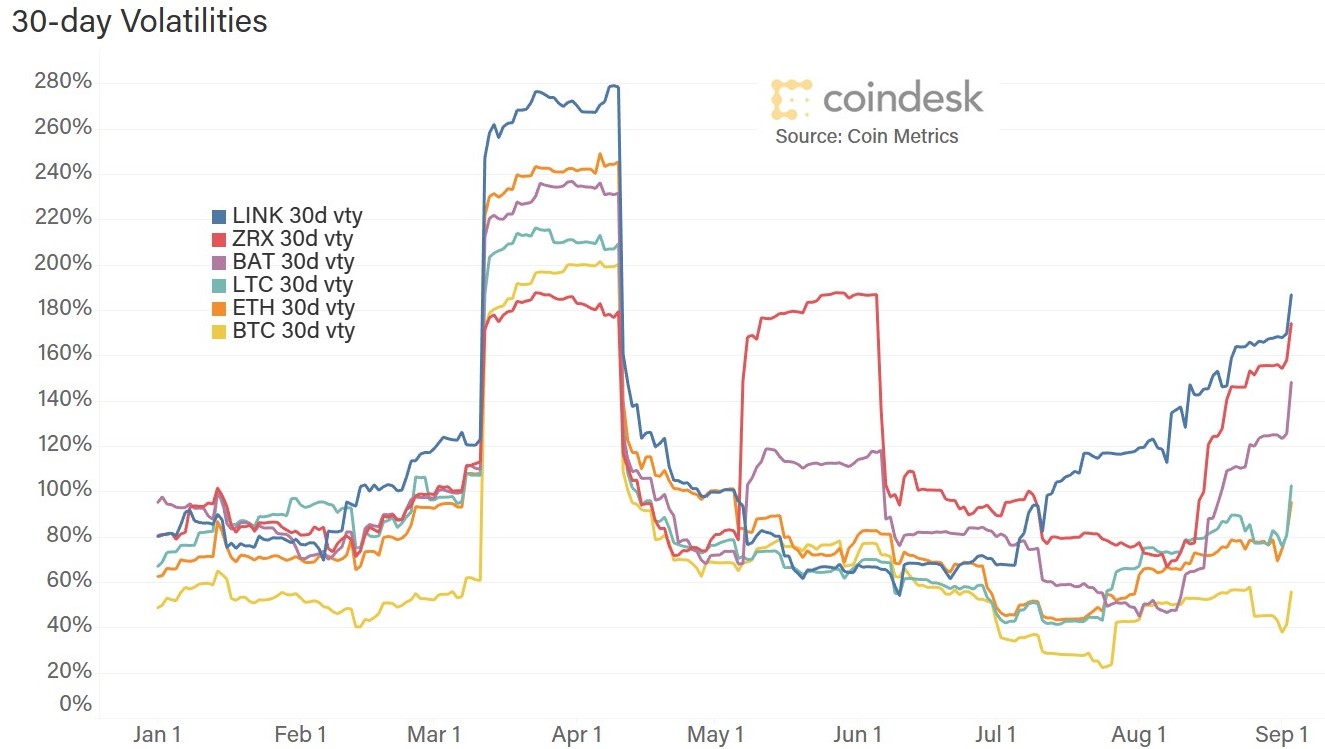
What Investors Need to Know About Crypto Taxes Amid the Latest Bitcoin Rally
The recent surge in the price of bitcoin has caught the attention of investors, but along with the excitement comes the responsibility of understanding and managing crypto taxes. As the IRS ramps up its digital asset service and enforcement programs, it’s crucial for investors to stay informed about their tax obligations.
Understanding Crypto Tax Reporting
When it comes to reporting crypto taxes, investors need to be aware of the different tax implications based on their activities. Whether you’re trading digital currency or selling it for a profit, the tax treatment can vary depending on factors such as the holding period and the type of transaction.
Key Considerations for Investors
One of the key considerations for investors is how to answer the ‘digital assets’ question on tax forms. The IRS has been collecting crypto data on tax returns since 2019, and for the 2023 tax year, there’s a specific question related to digital assets on Form 1040. It’s essential for investors to understand what activities constitute digital asset transactions and how to accurately report them.
Calculating and Reporting Crypto Taxes
Calculating crypto taxes involves determining the capital gains or regular income tax owed based on the difference between the purchase price and the selling price of the asset. Investors must also consider the holding period, as long-term capital gains are taxed differently from short-term gains. Additionally, accurate reporting of crypto transactions is crucial to avoid potential IRS scrutiny.
The Future of Crypto Tax Compliance
As the crypto landscape continues to evolve, tax compliance is expected to become more complex. The IRS is working on standardizing digital asset reporting, which will impact how investors report their crypto activities. Staying informed and seeking professional advice can help investors navigate the changing regulatory environment.
Conclusion
In conclusion, the recent bitcoin rally has brought crypto taxes into the spotlight. Investors must be proactive in understanding their tax obligations, accurately reporting their crypto transactions, and staying compliant with IRS regulations. By staying informed and seeking guidance from tax professionals, investors can navigate the complexities of crypto tax compliance successfully.















